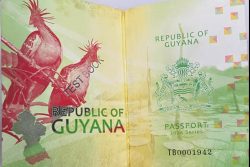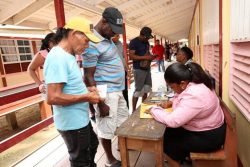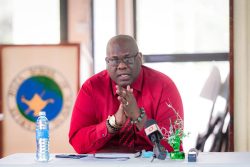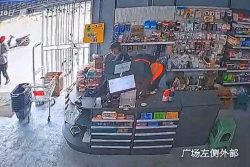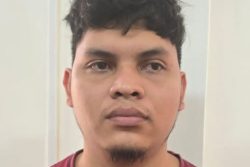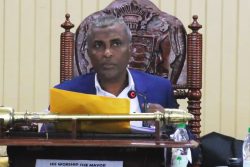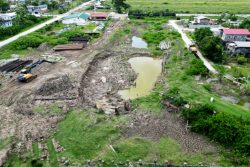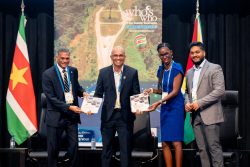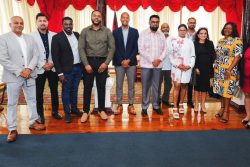CARACAS, (Reuters) – Key members of Venezuela’s opposition, divided and dispirited after losing gubernatorial elections over the weekend, will travel abroad to denounce what it says is a “fraudulent” voting system under leftist President Nicolas Maduro.
Congress president Julio Borges said in a press conference yesterday that the opposition coalition will try to stir up international support, which could result in further sanctions against Maduro’s administration.
His unpopular government unexpectedly swept to victory in Sunday’s regional vote, pocketing 18 of 23 states in the midst of a debilitating economic crisis that has millions skipping meals as soaring inflation destroys salaries.
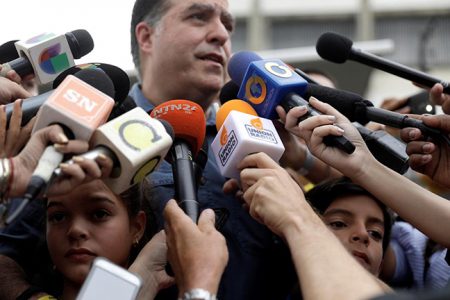
Polls had forecast the opposition easily beating the ruling socialists. Maduro’s rivals say a mix of dirty tricks, like moving hundreds of voting centres in opposition areas at the last minute and including the names of opposition politicians who lost in primaries on ballots, worked against them.
“We made a huge effort, we aimed to overcome all the obstacles, and what the government did was upgrade its fraud and its cheating,” said Borges, adding that politicians were due to travel to fellow Latin American countries and other supportive nations shortly.
“We have the full records of this electoral process and we’re going to submit them to various international bodies, so that … they can be audited,” added Borges, who did not provide further details on the trips.
While the opposition first cried fraud, without providing proof, it later scaled back its accusations and is now focusing on the minerals-rich state of Bolivar where it says its losing candidate was robbed of decisive votes.
Maduro blasted his opponents as sore losers who cry fraud when convenient. Yesterday, he inaugurated Hector Rodriguez, a rising star in the Socialist Party, as governor of Miranda state in a ceremony filled with song and dance. Opposition politicians have acknowledged that demoralization in their own ranks hurt turnout. Many opposition supporters are exhausted after four months of protests earlier this year and were loath to participate in what some saw as a rigged vote that would legitimize Maduro as a dictator.
They were even more downbeat after the vote, however, as it casts doubt on whether they can remove the ruling Socialist Party in next year’s presidential election. “The government’s handling of (Sunday’s) vote suggests that it is not even willing to entertain anything close to free and fair presidential elections in 2018, even if it prompts growing international isolation, renewed unrest, and increased outward migration,” consultancy Eurasia wrote in a note to clients this week.
